We are responsible not only for what we do but also for what we could have prevented
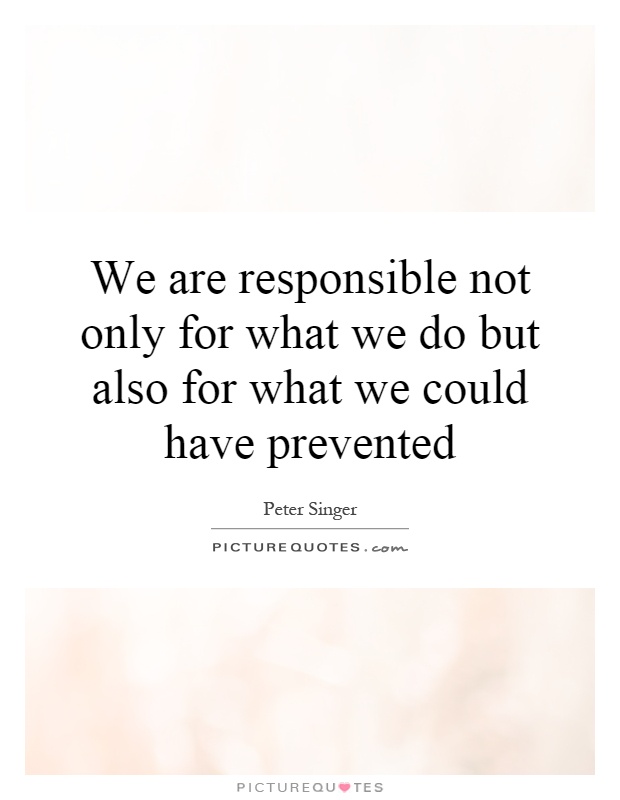
We are responsible not only for what we do but also for what we could have prevented
Peter Singer, a prominent philosopher and ethicist, is known for his groundbreaking work in the field of ethics, particularly in the realm of animal rights and global poverty. One of his most famous quotes is, "We are responsible not only for what we do but also for what we could have prevented." This statement encapsulates Singer's belief in the importance of taking action to prevent harm and suffering, even if it requires sacrifices on our part.Singer argues that individuals have a moral obligation to prevent harm and suffering whenever possible, even if it means going out of our way or making personal sacrifices. This principle applies not only to our actions, but also to our inactions. In other words, we are not only responsible for the harm we directly cause, but also for the harm we could have prevented by taking action.
For example, if we see a child drowning in a pond and have the ability to save them, we have a moral obligation to do so. If we choose to walk away and do nothing, we are just as responsible for the child's death as if we had pushed them into the pond ourselves. This concept of moral responsibility extends to all areas of our lives, from our treatment of animals to our impact on the environment.
Singer's philosophy challenges us to think beyond our immediate actions and consider the broader consequences of our choices. It calls on us to be proactive in preventing harm and promoting well-being, even if it requires us to make sacrifices or step out of our comfort zones. By taking responsibility for what we could have prevented, we can make a positive impact on the world and contribute to a more just and compassionate society.


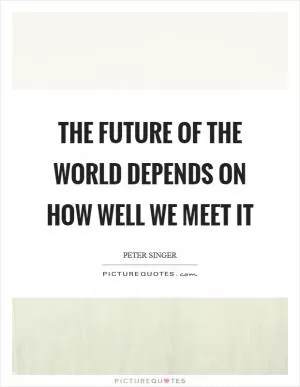
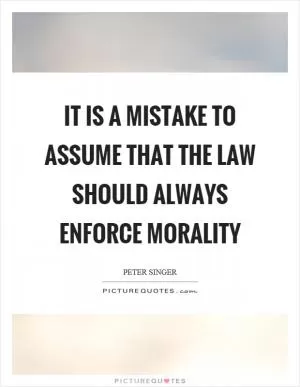
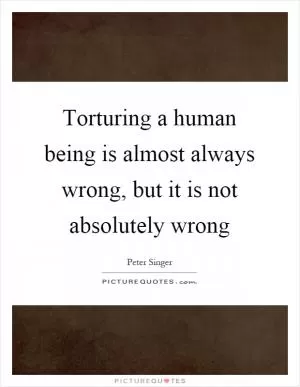
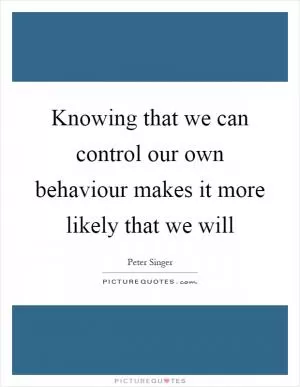

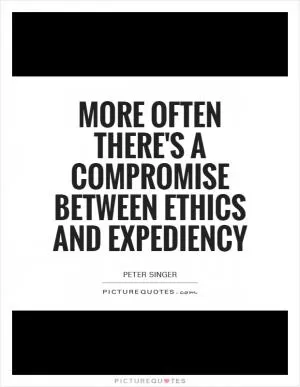
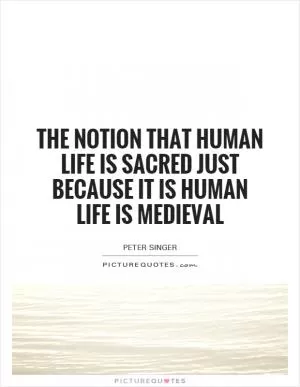

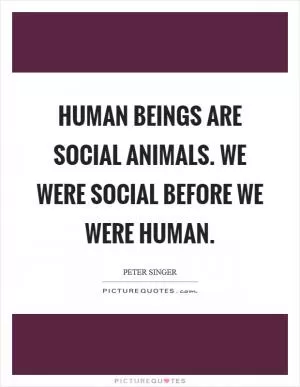
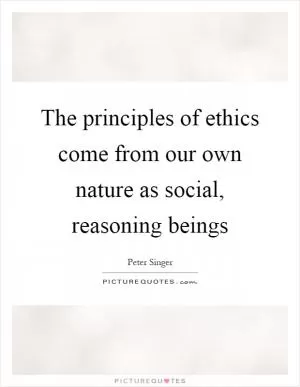
 Friendship Quotes
Friendship Quotes Love Quotes
Love Quotes Life Quotes
Life Quotes Funny Quotes
Funny Quotes Motivational Quotes
Motivational Quotes Inspirational Quotes
Inspirational Quotes